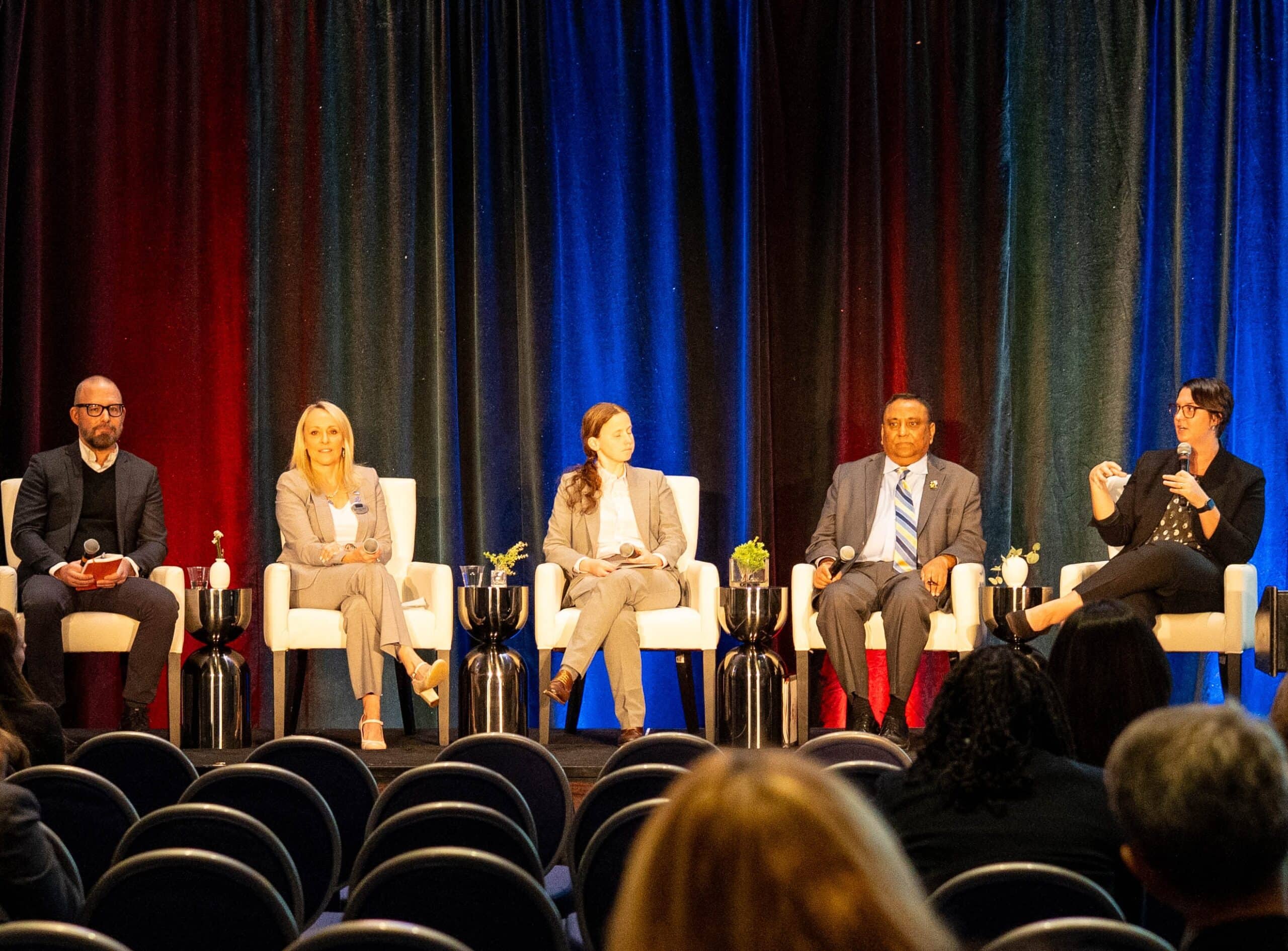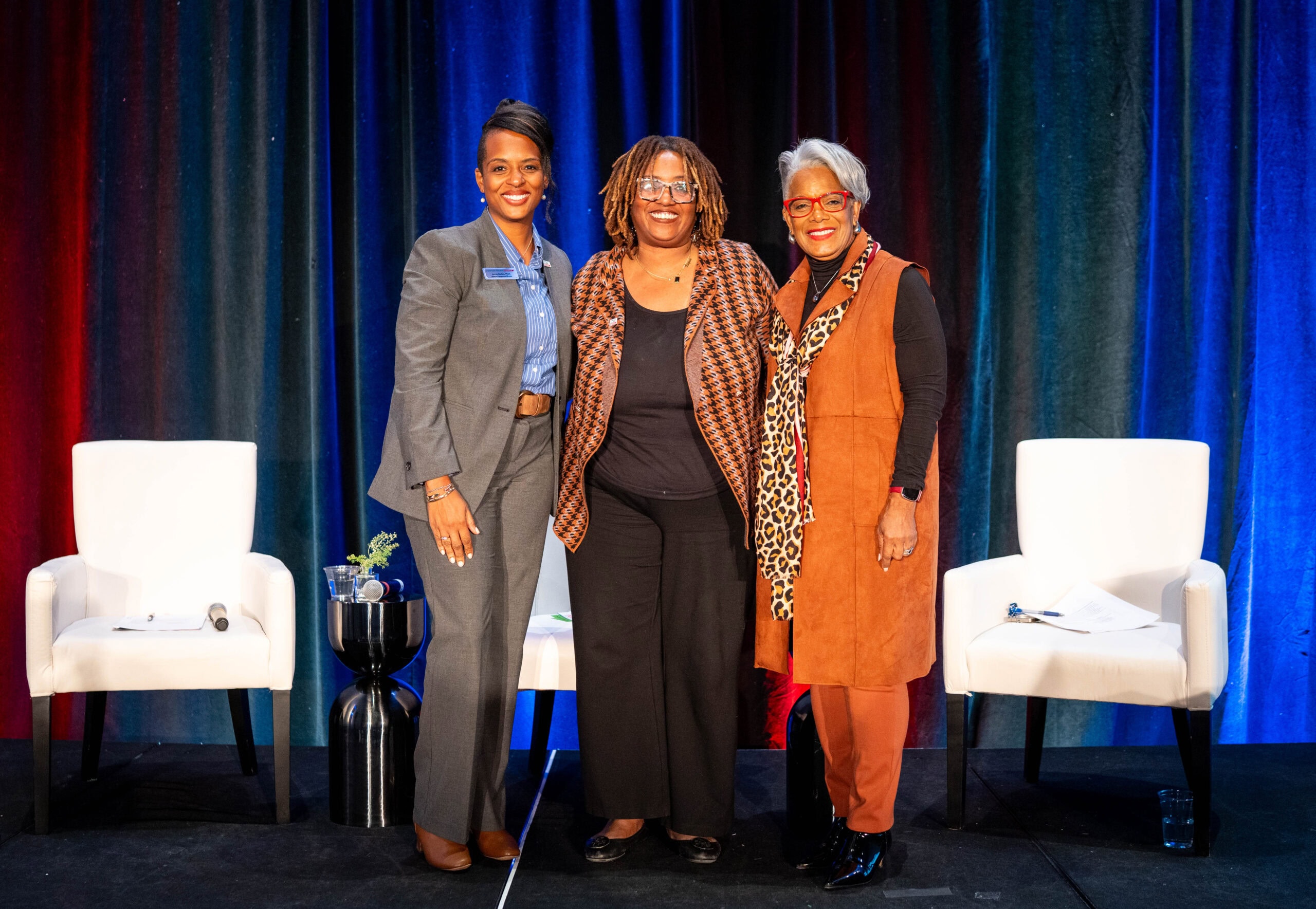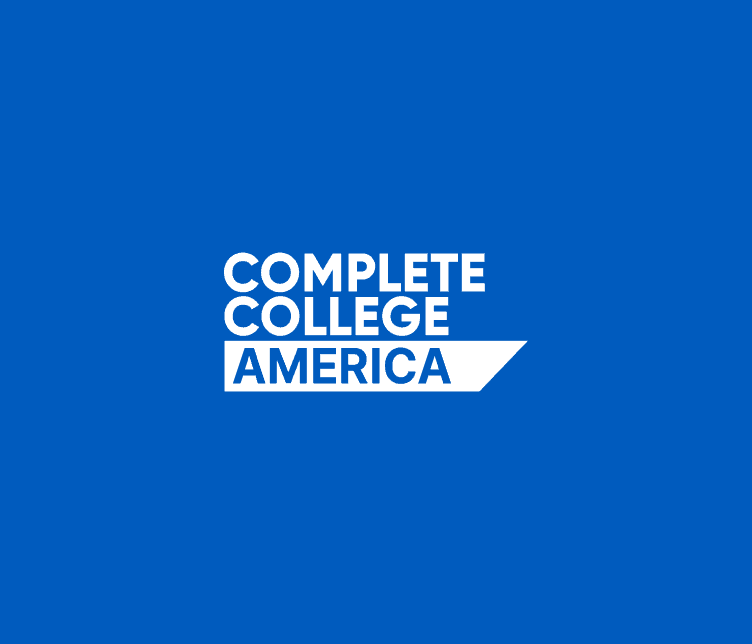Founder and Director of the USC Center for Urban Education recognized by higher education reform nonprofit for efforts to place racial equity at the center of higher education policy, research and practice
INDIANAPOLIS (OCTOBER 25, 2022) — Dr. Estela Mara Bensimon, founder of the Center for Urban Education at the University of Southern California, is the 2022 recipient of the Stan Jones Legacy Award, Complete College America announced today. The Stan Jones Legacy Award recognizes an individual, organization or state that has consistently embodied the vision of Complete College America and worked toward achieving the goals of increasing the number of students who earn credentials of value. The award was established in 2016 to honor CCA’s founder and first president. Bensimon is the fifth recipient of this honor.
“Dr. Bensimon has established a well-earned reputation as a fierce advocate on behalf of historically-minoritized students in higher education,” said, Dr. Yolanda Watson Spiva, president of Complete College America. “Her leadership in research, scholarship and policy change and her efforts to put racial equity at the center of institutional practice and policy have led to meaningful and tangible improvements for millions of students throughout the United States and generations yet to come.”
Dr. Bensimon retired in 2020 as director of the USC Center for Education, which she founded in 1999 to increase racial equity throughout higher education to improve outcomes for students of color. For two decades, the center worked with nearly 700 organizations and thousands of college presidents, professors and academic counselors to help them reverse the effects of historical and structural disadvantages that prevent many students of color from excelling in higher education.
Known for coining the term “equity-minded,” Dr. Bensimon also developed the innovative Equity Scorecard, an inquiry- and strengths-based process to drive changes in institutional practice and culture and campus-wide shifts toward cultures of inclusion and broad ownership over racial equity. A University Professor Emerita at USC, Dr. Bensimon formerly was a professor of higher education at the USC Rossier School of Education and previously served as the school’s associate dean. She is past president of the Association for the Study of Higher Education and past vice president of the American Education Research Association, Division on Postsecondary Education.
Dr. Bensimon was elected to the National Academy of Education in 2017. In 2020, she was honored with the Howard R. Bowen Distinguished Career Award by the Association for the Study of Higher Education and the Harold W. McGraw Jr. Prize for innovation in education by the Graduate School of Education at the University of Pennsylvania.
Her extensive publications on equity, organizational learning, practitioner inquiry and change have appeared in numerous journals, and her research has been supported by grants from the Ford Foundation, Bill & Melinda Gates Foundation, Lumina Foundation and others. Dr. Bensimon has also served on numerous boards, including the American Association for Higher Education and the Association of American Colleges and Universities. She is currently an Education Commission of the States commissioner and serves on CCA’s board of directors. She also chairs the Campaign for College Opportunity board of directors.
Since stepping back from day-to-day work at USC, she founded Bensimon & Associates, a consultancy focused on helping philanthropic organizations, higher education leaders and professionals address racial equity routinely and systemically.
# # #
About Complete College America: Complete College America (CCA) builds movements for scaled change and transforms institutions through data-driven policies, student-centered perspectives, and equity-driven practices. Since its founding in 2009, CCA connects a national network of forward-thinking state and higher education leaders and introduces bold initiatives to help states and institutions confront inequities, close institutional performance gaps, and increase college completion rates, especially for marginalized and historically excluded students. For more information, visit https://www.completecollege.org.
Contact: media@completecollege.org



